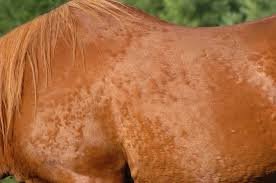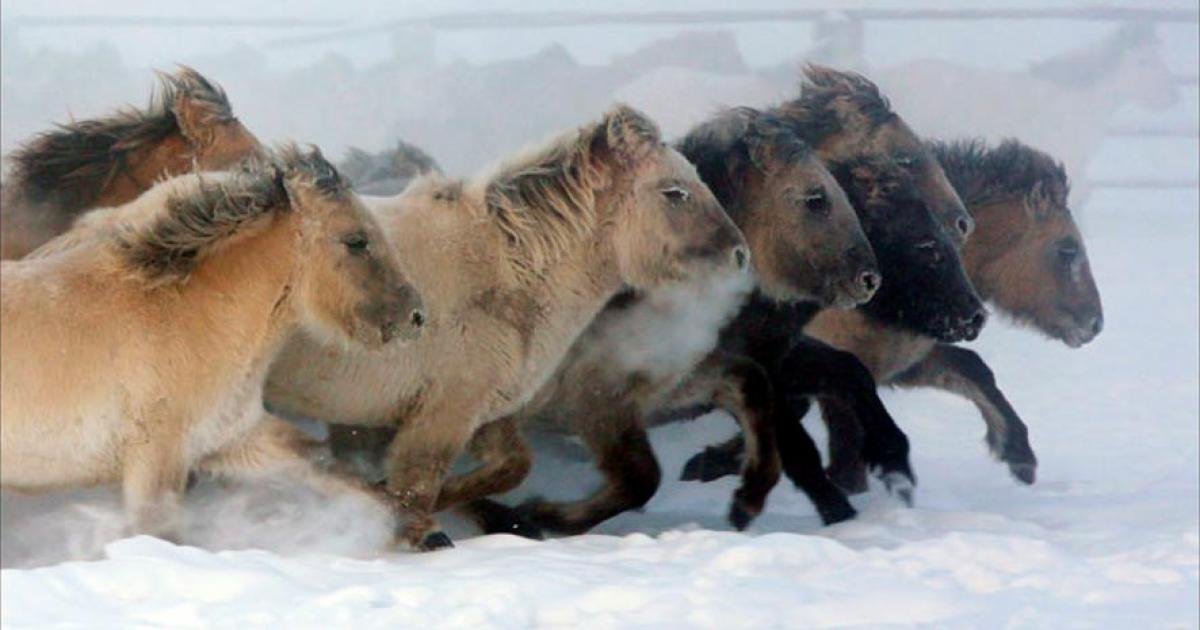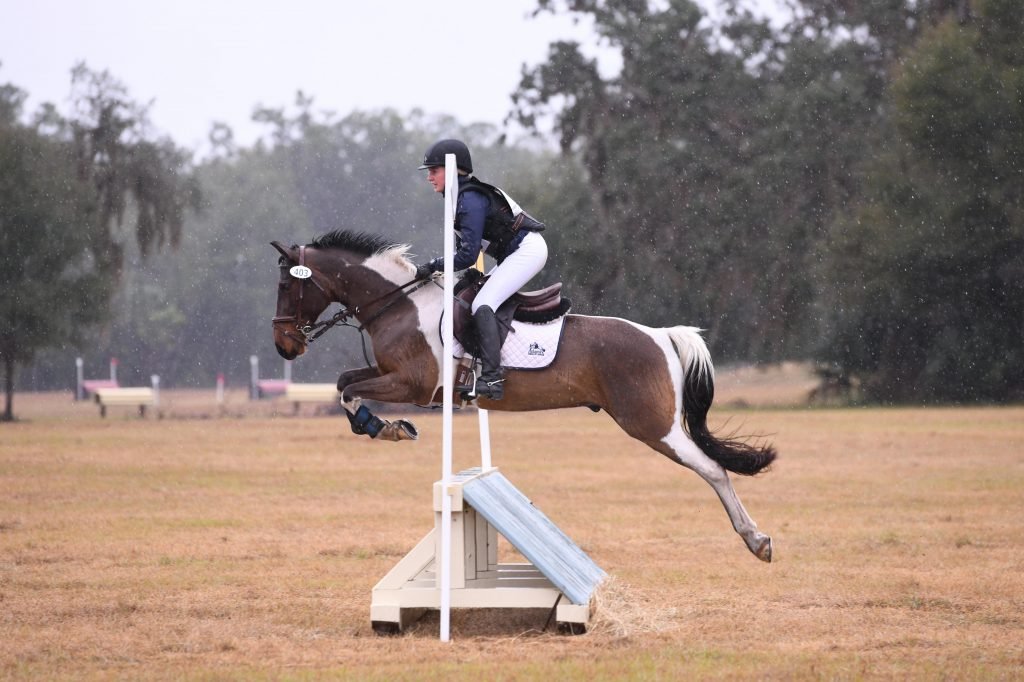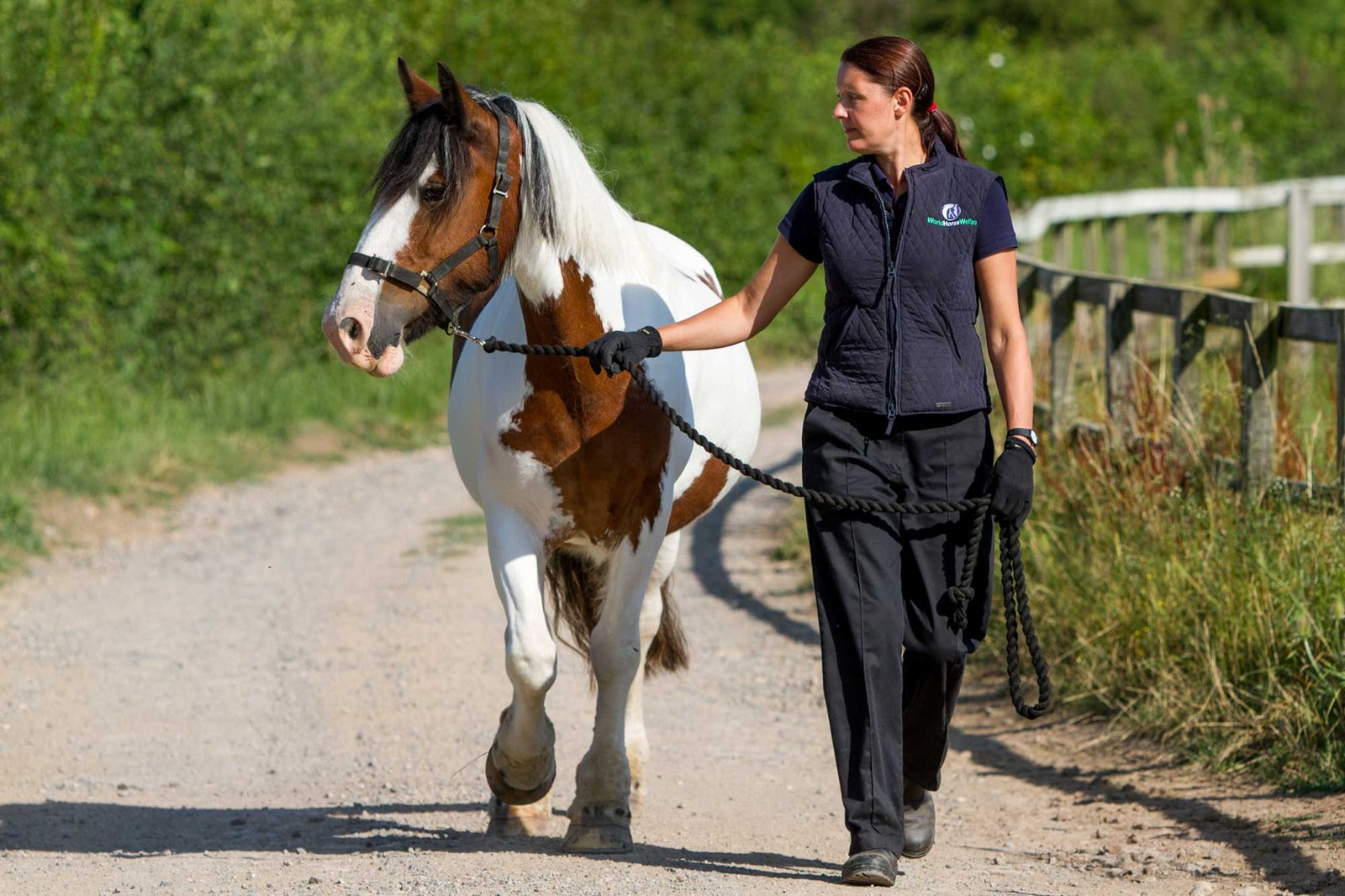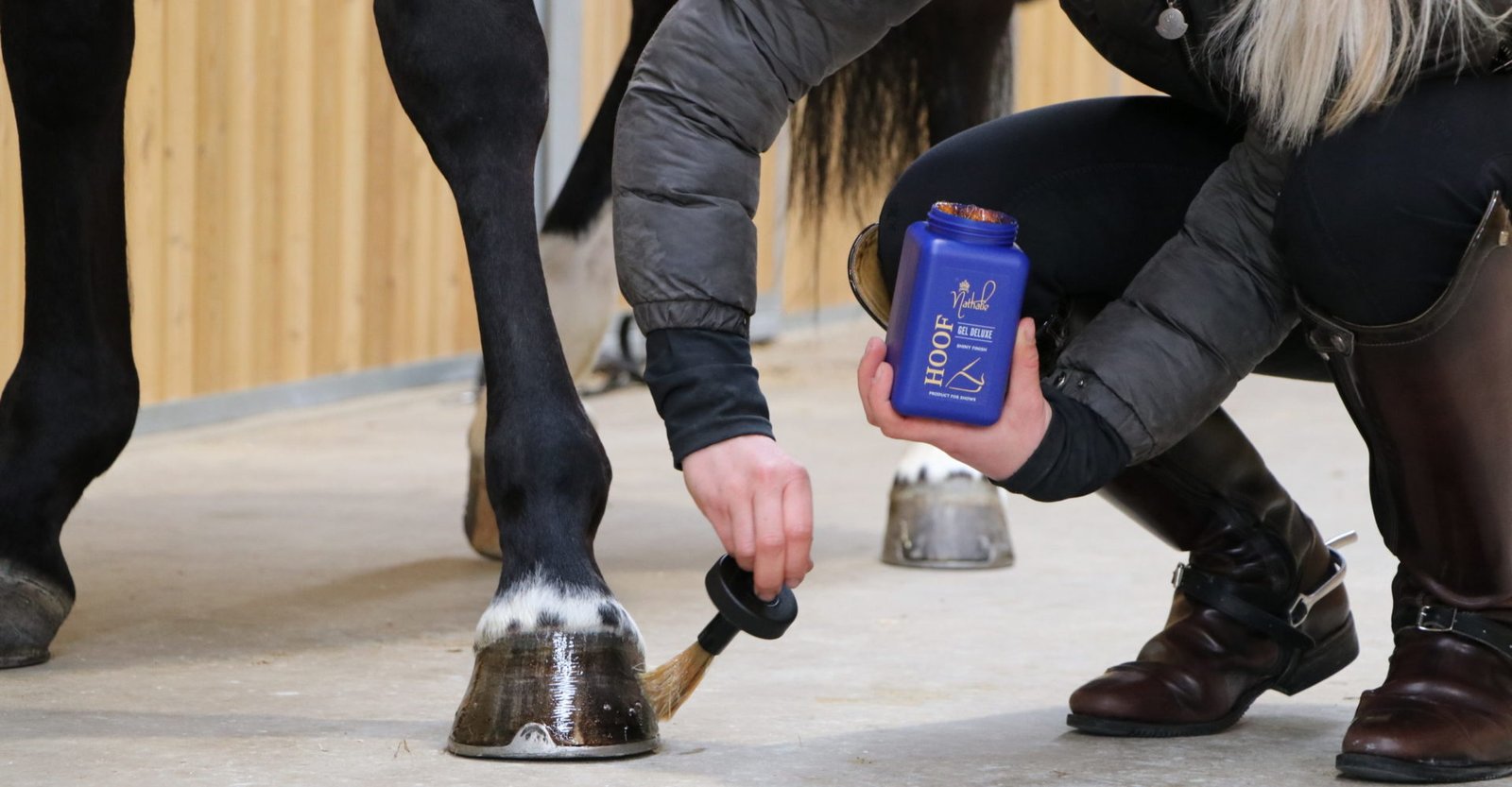Ponies are known for their sturdy build and endurance, but like any animal, they are susceptible to a variety of health issues. As a pony owner or caretaker, it’s important to be aware of common health problems so that you can take preventative measures and ensure your pony lives a long, healthy life. In this post, we’ll explore some of the most common health issues in ponies and provide tips on how to manage and prevent them.

Laminitis: A Serious Condition to Watch For
Laminitis is one of the most common and serious health issues in ponies. This condition occurs when the laminae, the tissues that connect the hoof to the underlying bone, become inflamed. The inflammation can lead to the separation of the hoof from the bone, causing severe pain and lameness.
Ponies, especially those that are overweight or have been overfed with rich grass, are more prone to laminitis. Symptoms to look out for include reluctance to move, a shift in posture, and a tender walk. Preventing laminitis involves managing your pony’s diet and limiting access to lush grass during certain times of the year. Regular hoof care, including trimming and checking for signs of discomfort, is also important for prevention.
Colic: A Digestive Issue to Be Mindful Of
Colic is another common health issue in ponies, and it refers to any abdominal pain or digestive disturbance. Colic can be caused by a variety of factors, including changes in diet, stress, dehydration, or infections. Ponies are particularly prone to colic if they are fed large amounts of rich food, such as fresh grass, or if they have irregular feeding schedules.
Signs of colic include rolling, pawing at the ground, looking at their sides, and a lack of appetite. If you suspect your pony has colic, it’s crucial to contact a veterinarian immediately. Early treatment can help prevent more serious complications, such as gut twisting or ruptures. To prevent colic, maintain a regular feeding schedule, provide access to clean water, and avoid sudden dietary changes.
Cushing’s Disease: A Hormonal Disorder
Cushing’s disease, or pituitary pars intermedia dysfunction (PPID), is a hormonal disorder commonly found in older ponies. This disease is caused by a malfunction of the pituitary gland, which leads to an overproduction of certain hormones, affecting various parts of the body. Ponies with Cushing’s disease often experience symptoms such as a long, curly coat that doesn’t shed properly, excessive thirst, increased urination, weight loss, and a pot-bellied appearance.
While there is no cure for Cushing’s disease, it can be managed with medication. Regular veterinary check-ups are essential for managing the disease, especially as it often leads to other health problems such as laminitis or infections. If your pony shows signs of Cushing’s, early diagnosis and treatment can improve their quality of life.
Respiratory Issues: Managing Breathing Difficulties
Ponies can also suffer from various respiratory issues, such as allergies, asthma, or infections. Respiratory issues are often caused by exposure to dust, poor ventilation, or mold in hay or bedding. Ponies with respiratory problems may show signs like coughing, nasal discharge, labored breathing, or wheezing.
One of the most common respiratory conditions in ponies is heaves, which is similar to asthma in humans. Heaves is often triggered by allergens in the pony’s environment. Keeping the pony’s living area clean, avoiding dusty hay, and ensuring proper ventilation can help manage respiratory health. Regularly checking your pony’s breathing and consulting a veterinarian if you notice any symptoms is important for early diagnosis and treatment.
Weight Management and Obesity
Ponies, especially those that are easy keepers, are prone to gaining weight if not properly managed. Obesity can lead to numerous health problems, including laminitis, joint issues, and metabolic disorders. Ponies tend to gain weight quickly when fed rich foods or allowed free access to lush pasture. Overfeeding, combined with a lack of exercise, can contribute to an overweight pony.
To prevent obesity, monitor your pony’s weight and adjust their diet accordingly. Limit access to high-calorie foods like grass and grains, and ensure they receive regular exercise to help maintain a healthy weight. If your pony is already overweight, work with your vet to develop a safe weight loss plan that includes a controlled diet and exercise routine.
Conclusion
In conclusion, while ponies are generally hardy animals, they are susceptible to several health issues that can affect their well-being. Laminitis, colic, Cushing’s disease, respiratory problems, and obesity are some of the most common health concerns in ponies. By being proactive about your pony’s care, maintaining a proper diet, and scheduling regular veterinary check-ups, you can help prevent many of these health problems. Early detection and treatment are key to ensuring that your pony stays healthy and happy for years to come. Remember, a healthy pony is a happy pony, and it all starts with the right care and attention.







